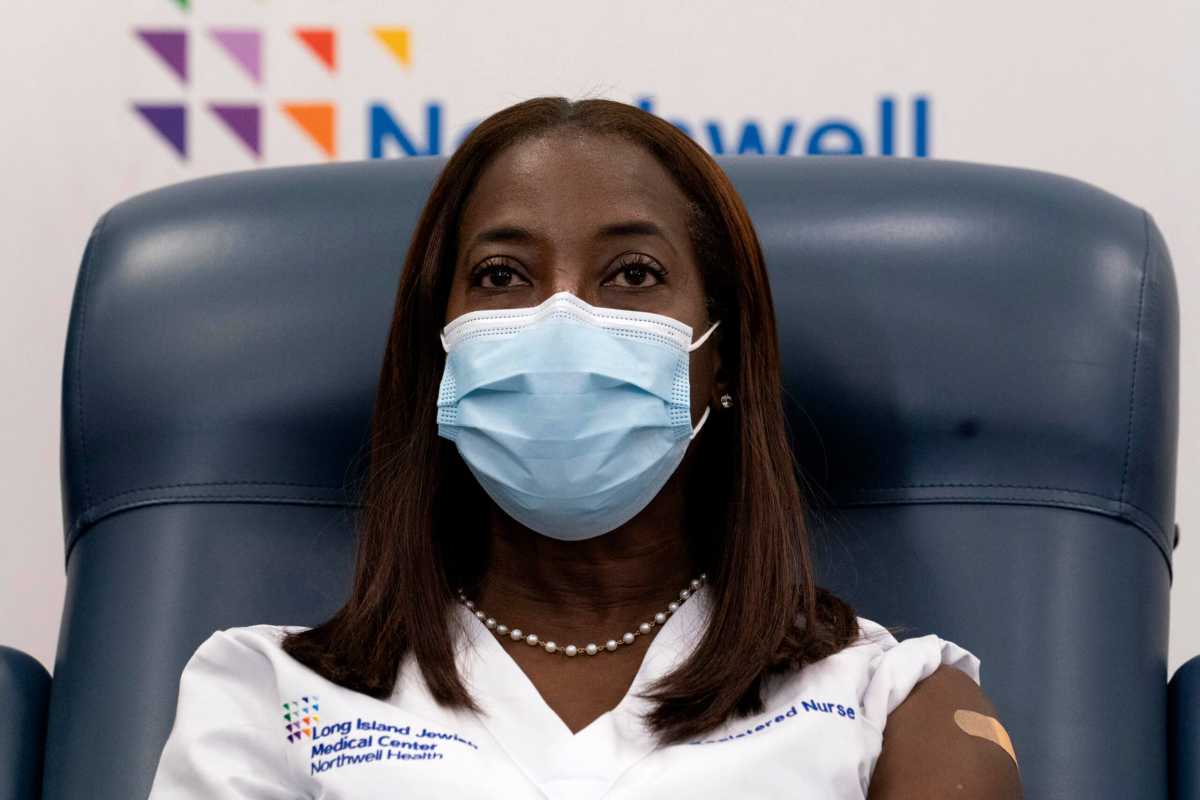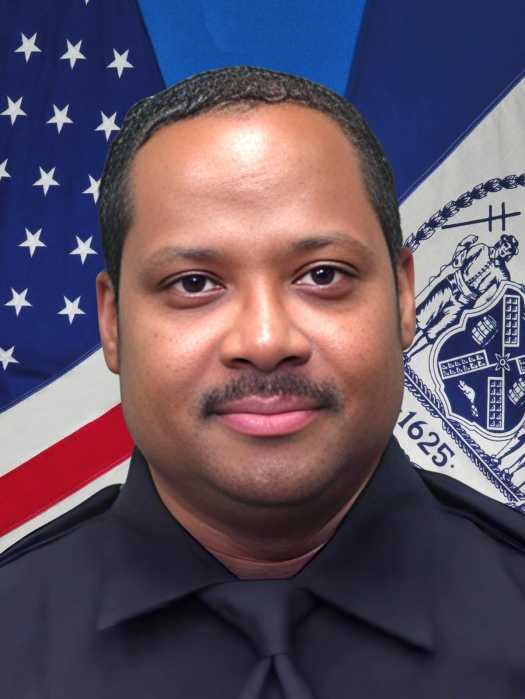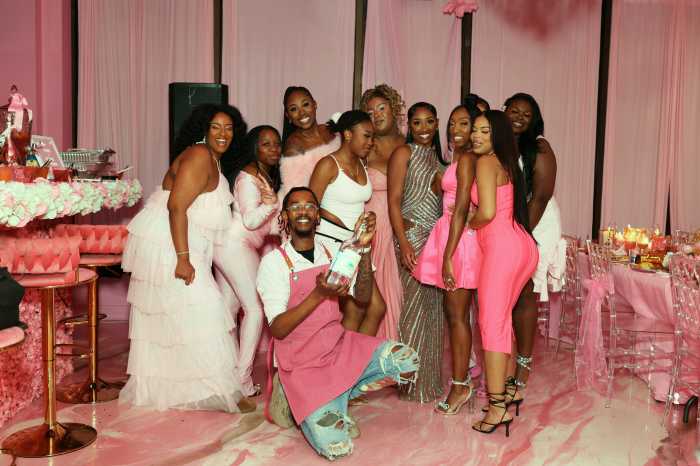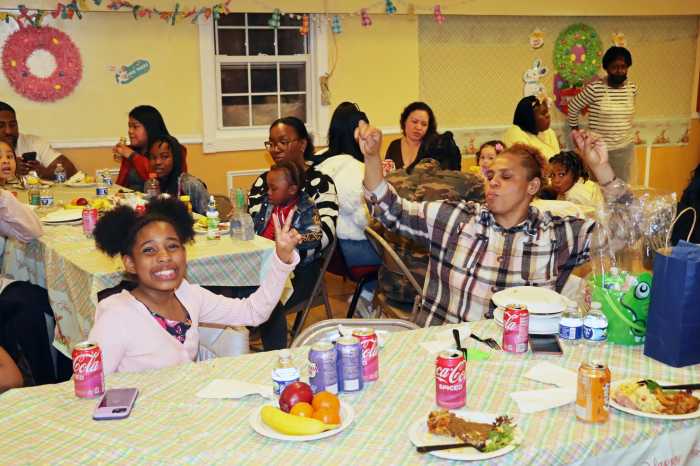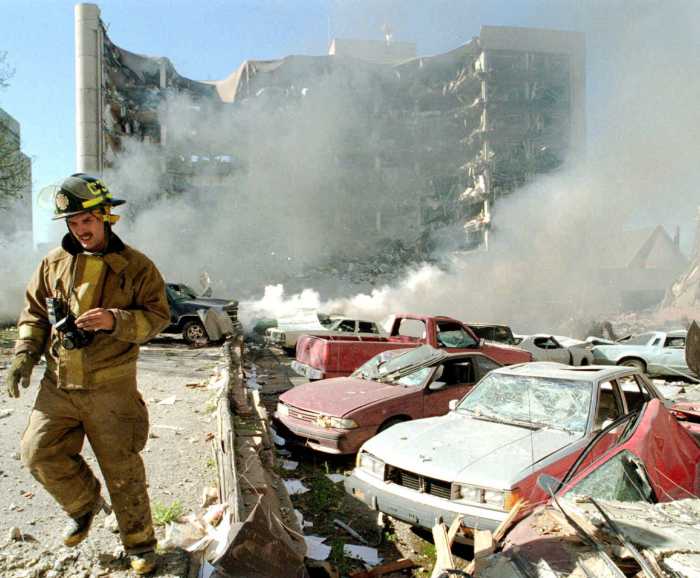Last week the World Health Organization declared 2020 the Year of Nurses.
Overwhelmingly decided from a long list of health associated pandemic-related workers who sacrificed their own safety to help thwart the ravages of the coronavirus — WHO knew the most exemplary frontline workers would be acknowledged by more than a handclap.
Undeniably all medical personnel – doctors, EMT, dentists, assistants along with others considered essential workers, they all deserve a world of gratitude, knee-deep bows, early vaccines, and even financial compensation for their unselfish contribution.
Considering the fact many toiled past regular work shifts to help patients; relentlessly worked without personal protective equipment, delayed quality time with families, volunteered and provided consolation to dying victims of COVID-19, nurses deserve every platitude.
However, Jamaican nurses earned extra notice for blazing a trail that will be indelibly inscribed for their visionary approach to advancing science and medicine.
Here in New York, on Dec. 14, nurse Sandra Lindsay, an immigrant from the island etched another notch in the storied history of immigrants by becoming the “first in line” to receive the Pfizer vaccine.
Last week she emerged the first in the entire United States to be injected with Pfizer’s BioNtech vaccine, the approved super-threat against the coronavirus.
Lindsay also became the first ICU nurse to receive the first COVID-19 vaccine administered in the state of New York.
The bold volunteer migrated from Jamaica in 1986 and is now the poster child making history for leading a charge against the virus that has caused the deaths of more than 300,000 Americans.
Lindsay has been a critical care nurse for more than 26 years. She currently works as the director for critical care at the Long Island Jewish Medical Center in Queens where she manages all intensive care emergencies.
During a public ceremony witnessed by the mayor of the city and the governor of the state governor Lindsay unflinchingly demonstrated the painless process to prevention.
While many of her race has expressed skepticism with being vaccinated, from early on the ICU nurse voiced intentions of being “first in line.”
“The minute I heard about the vaccine, just watching the news and heard that Pfizer and other companies were working diligently to create a vaccine, I said to my friends and family that I would be first in line to take it,” Lindsay said.
“I was just done seeing all the suffering and the pain and know that this is what we need to put an end to this pandemic. It was just important for me to take it.”
Chosen as the champion essential worker willing to battle the killer virus, Lindsay was clueless that she would be the choice until the morning of Dec. 14.
“I said openly to everyone, including my leaders in my hospital, that I would volunteer to take it. I didn’t want to wait. I wanted to lead by example. As a minority, I wanted to instill confidence in my people that look like me, to say that it is safe, be guided by science, don’t be afraid.”
“I didn’t know what to expect, but again, I was not fearful. I’m more fearful of getting COVID-19 and potentially spreading it to people than I am of taking the vaccine.”
Although half her face was hidden by a protective mask, pride beamed through the bright eyes of the national trailblazer.
“I am just super proud to represent nursing and represent all the nurses all across the country, all across the world, that have been working tirelessly to save lives. It’s a proud moment for me to be a nurse.”
Following what seemed to look like a seamless jab to the upper left arm Lindsay clapped looking up above as if grateful or in praise of the vaccine.
She also said she was “feeling well.”
“I would like to thank all the frontline workers, all my colleagues who have been doing a yeoman’s job during this pandemic all over the world,” she said. “I feel hopeful today, relieved.”
Her colleagues applauded her bravery and that she is the first recipient of the 170,000 doses expected to be initially administered in the state.
“It didn’t feel different from taking any other vaccine,” Lindsay added.
IN THE UK JAMAICAN NURSE SEACOLE CENTER PROVIDES COVID RELIEF
Across the Pond, in England where a mutated strain of the coronavirus forced another shutdown and mass exodus from London, the Mary Seacole Hospital opened to bolster the exhausted medical needs of a community in Surrey.
Named for the pioneering Jamaican nurse, Mary Seacole who volunteered to serve victims of the Crimean War, a former rehabilitation center for injured soldiers reopened with a new name, the NHS Seacole Centre.
Reputedly, the first of its kind in England, the facility will be used as a temporary service for patients recovering from COVID-19.
Four years ago, Jamaica-born nurse Mary Seacole was honored by the unveiling of a bronze monument molded in her image. Its erection and dedication marked the first honoring a Black citizen of the European nation.
In 2004, Seacole was voted the greatest Black Briton.
Activists there have lobbied to have her image on the 50-pound note, to that endeavor they collected 145,000 signatures on petitions.
Born 1805 in Kingston, Jamaica, she was posthumously honored in 1991 with the Order of Merit, Jamaica’s fourth highest national honor.
Her record of service in the Crimean war is documented. She toiled to fight the spread of cholera.
She was 48 when she traveled to Europe to aid the cause.
She received no sponsorship.
She faced racial discrimination and was ridiculed for applying herbal techniques to aid injured soldiers.
Now a monument in her image stands at St. Thomas Hospital across from one that memorializes Florence Nightingale, the renowned servant of mercy who regularly receives a preponderance of accolades denied to Seacole.
It has been documented that Nightingale often criticized Seacole for using untraditional practices.
Nightingale would have been 100 years old this year.
Seacole died in 1881 in London.
Catch You On The Inside!


